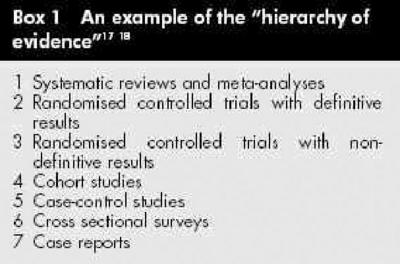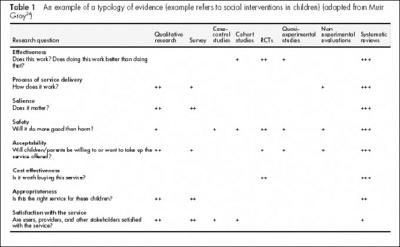The NHMRC has a number of publications on the ethical conduct of research involving humans that may be of interest. Their National Statement on Ethical Conduct in Research Involving Humans states that: (continue reading)
There are many definitions of research. These include systematic investigation to establish facts, principles or knowledge and a study of some matter with the objective of obtaining or confirming knowledge. A defining feature of research is the validity of its results. The knowledge that is generated by research is valid in the sense that what is discovered about the particular facts investigated can be justifiably claimed to be true for all like facts. However, it remains difficult to find an agreed definition of research.
An alternative approach to finding a definition of research is to list examples of what constitutes research, such as:
- systematic prospective collection of information to test an hypothesis;
- a planned study of existing practices with a view to changing/improving practice in light of the study’s findings and/or to increase understanding; or
- the administration and analysis of data in response to surveys or questionnaires, interviews or opinion polling.
However, such lists risk including activity that would not normally be included, like quality assurance activities [my emphasis] or audits and excluding activity that probably
should be included, such as research conducted as part of a course of education.
Given that HIAs (1) don't seek/promise validity of their findings beyond the specific proposal being considered and (2) are not testing a hypothesis per se, it may not be appropriate to view them as research in the sense described in the NHMRC Statement. I think it depends on your own judgement, work context and circumstances to determine whether an ethics approval is required.
What are your thoughts?






